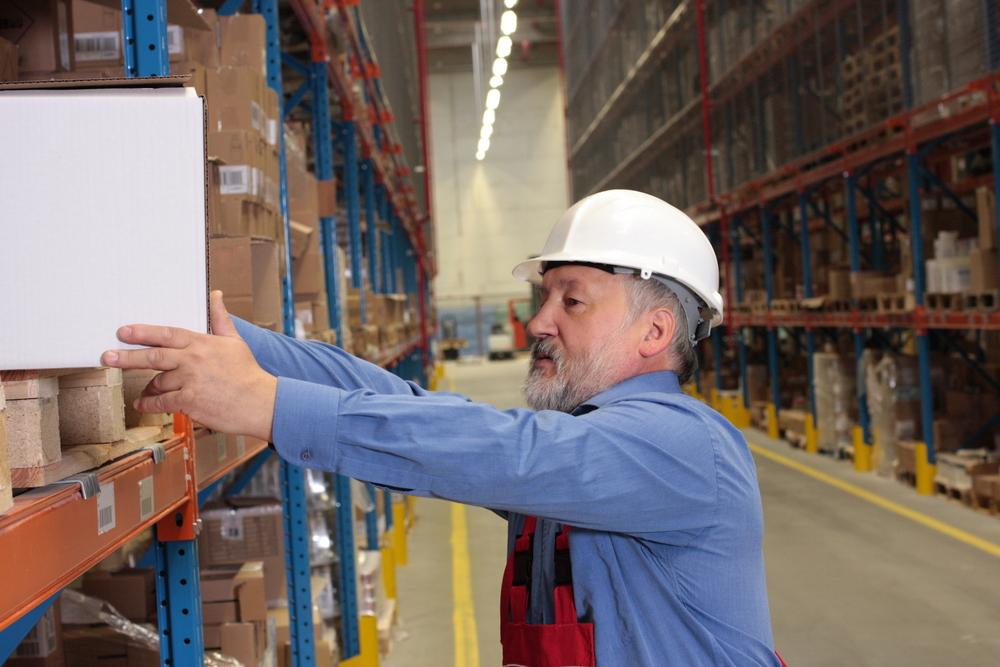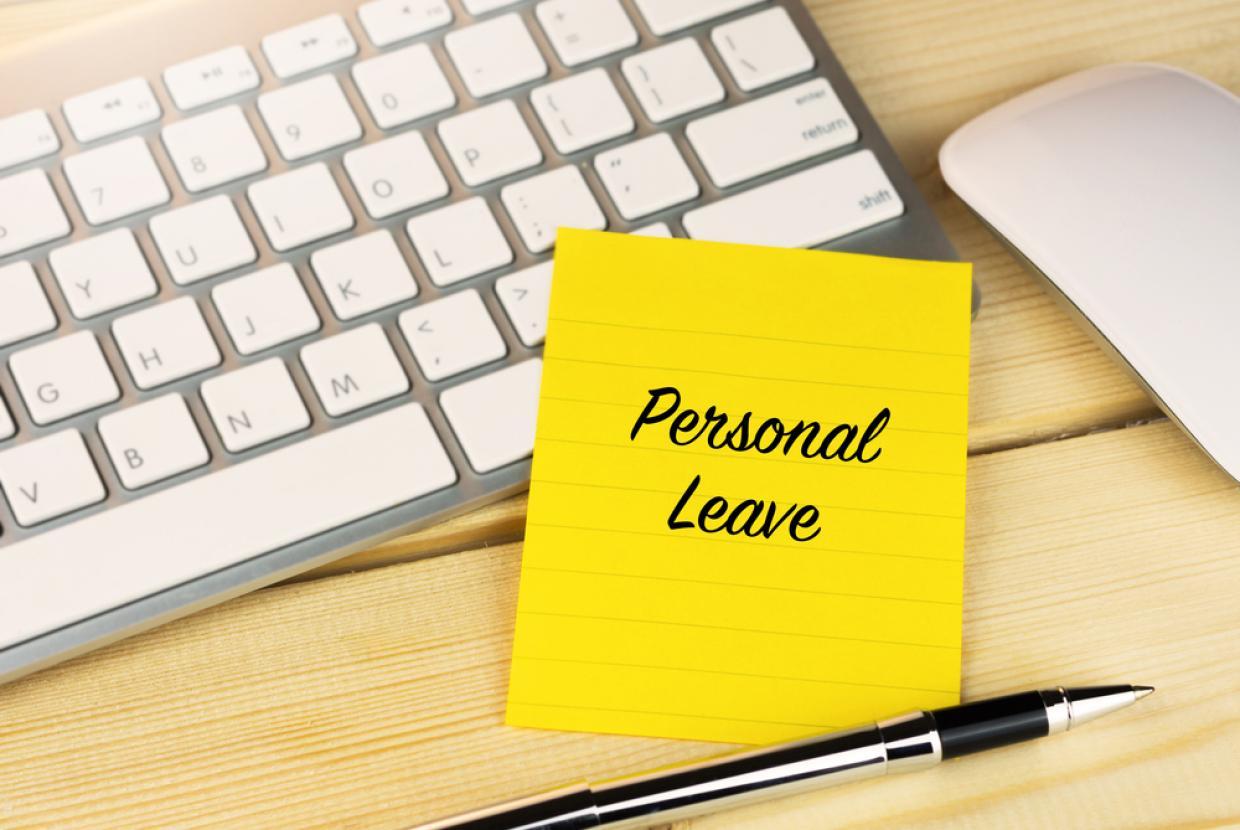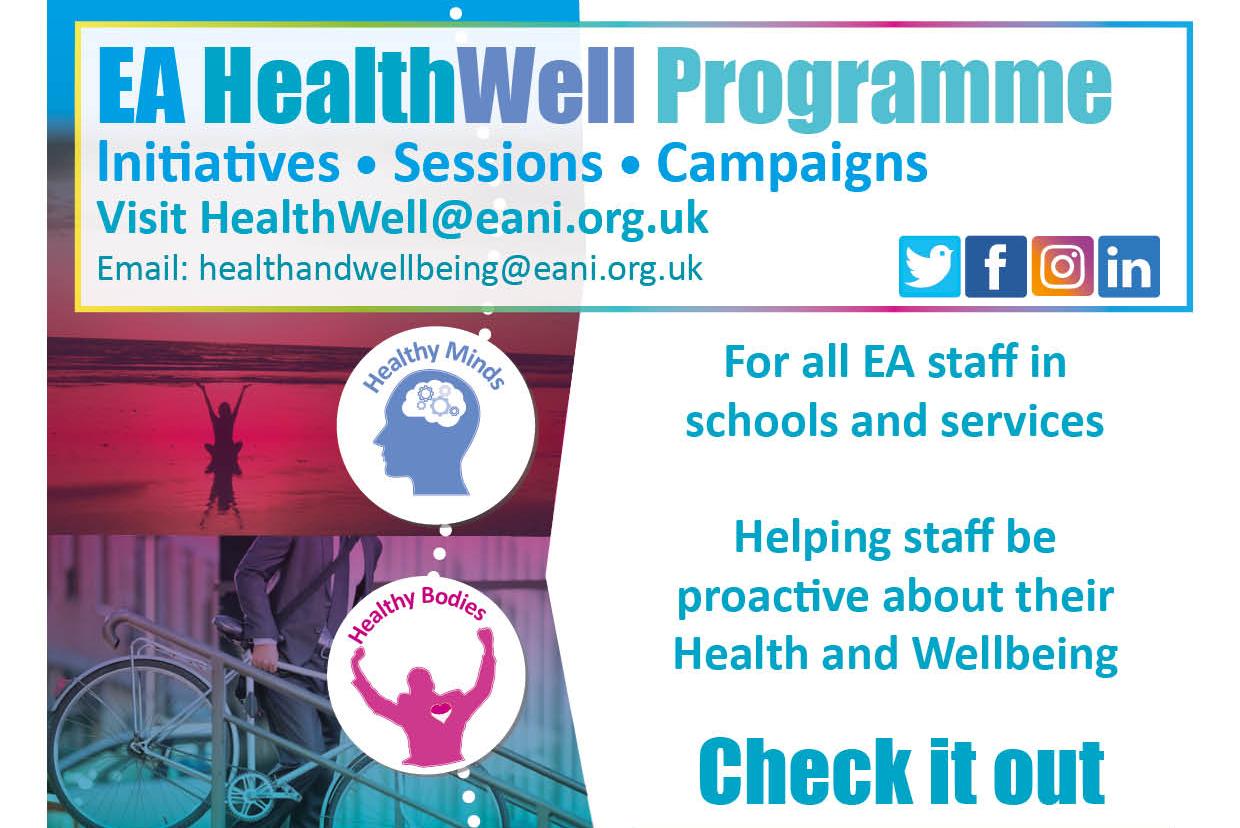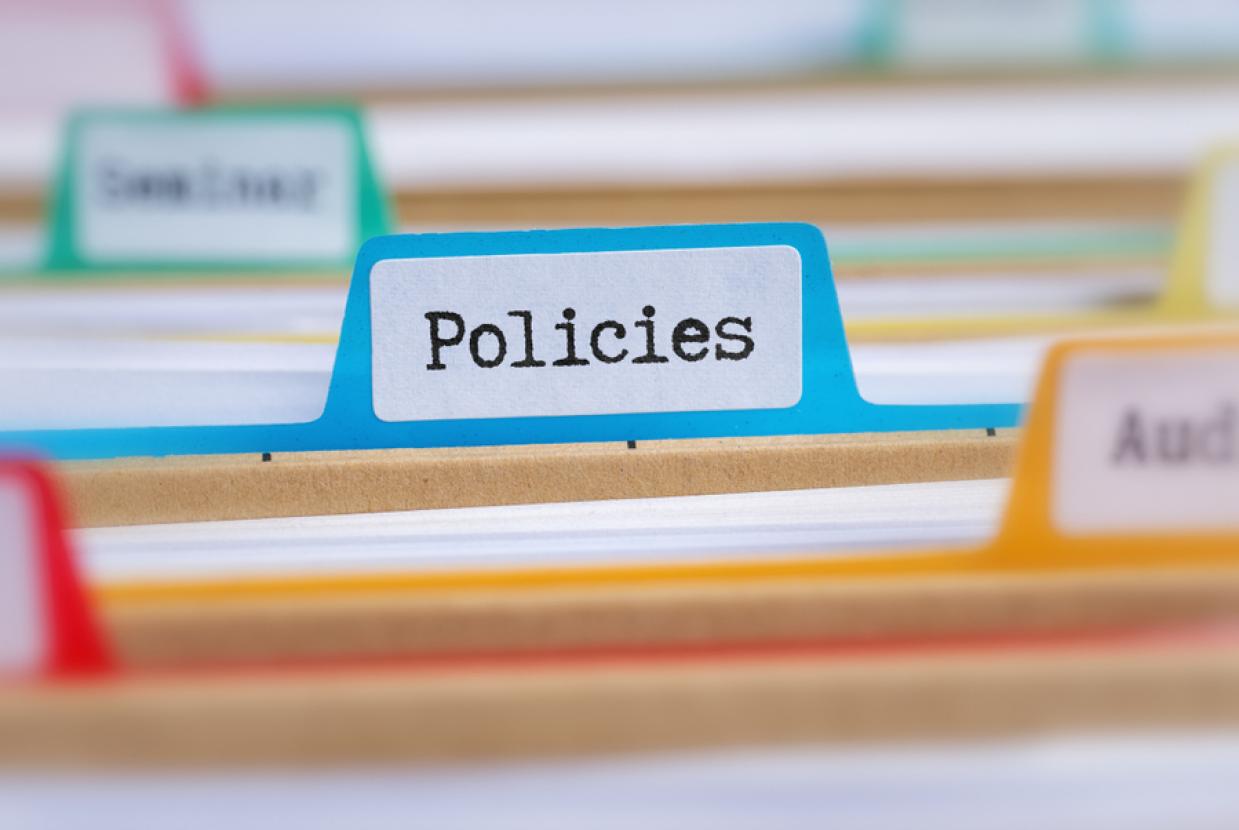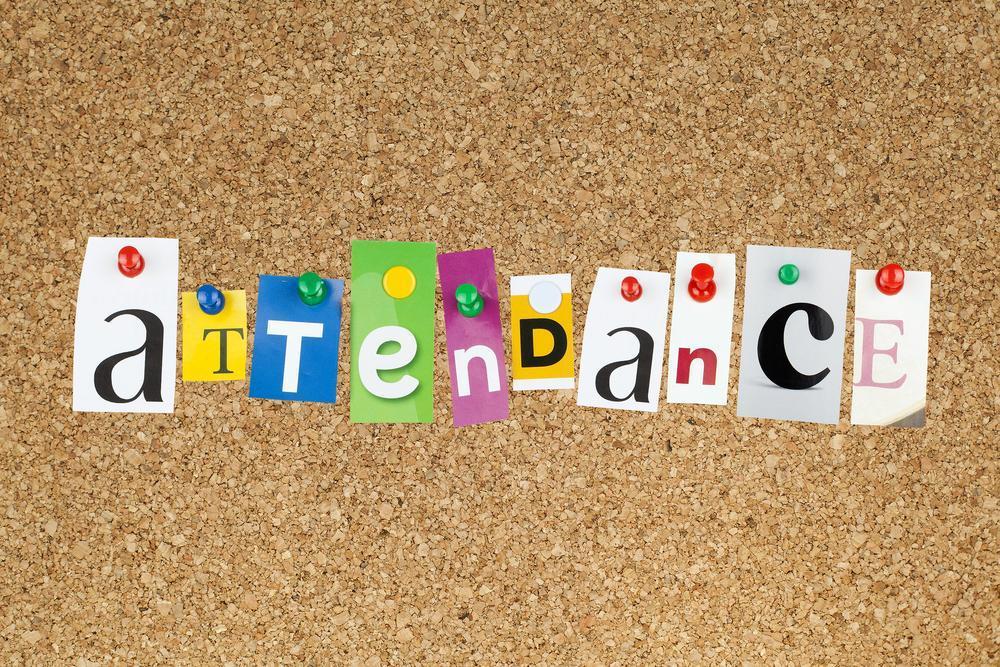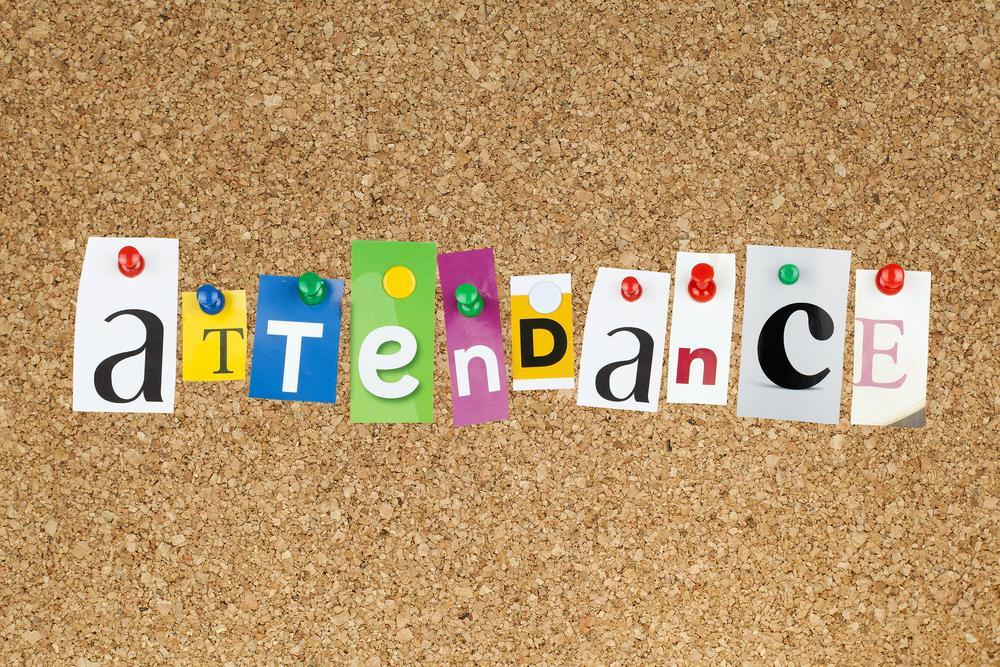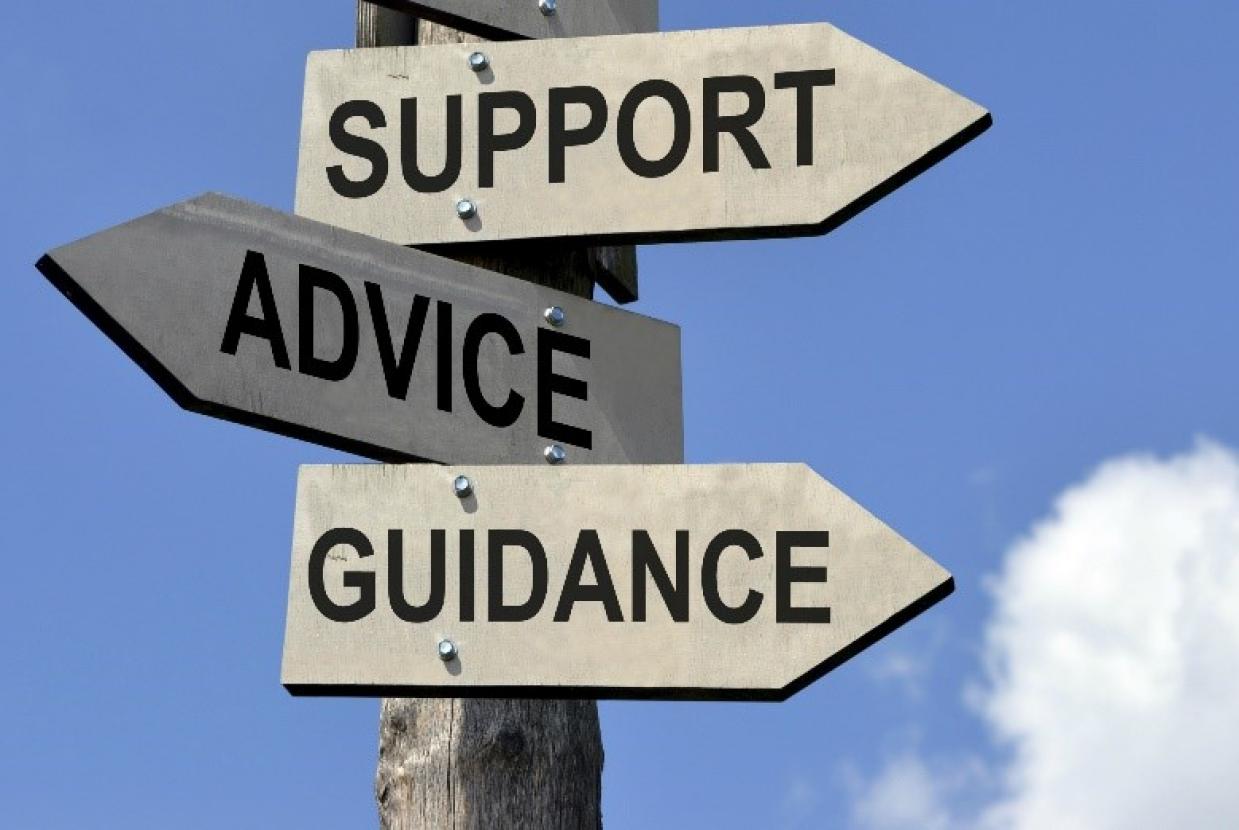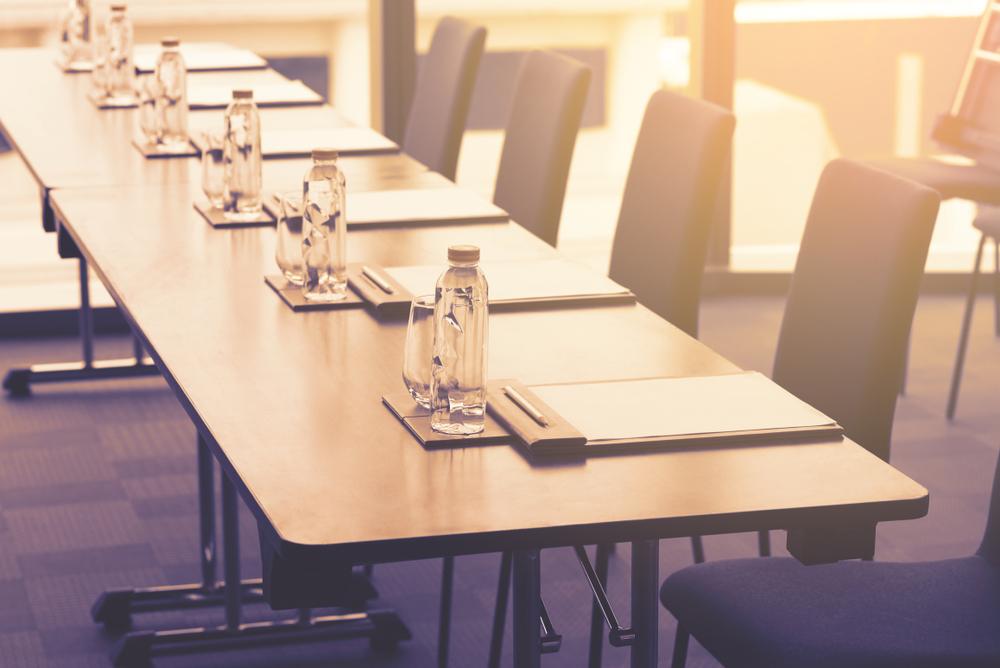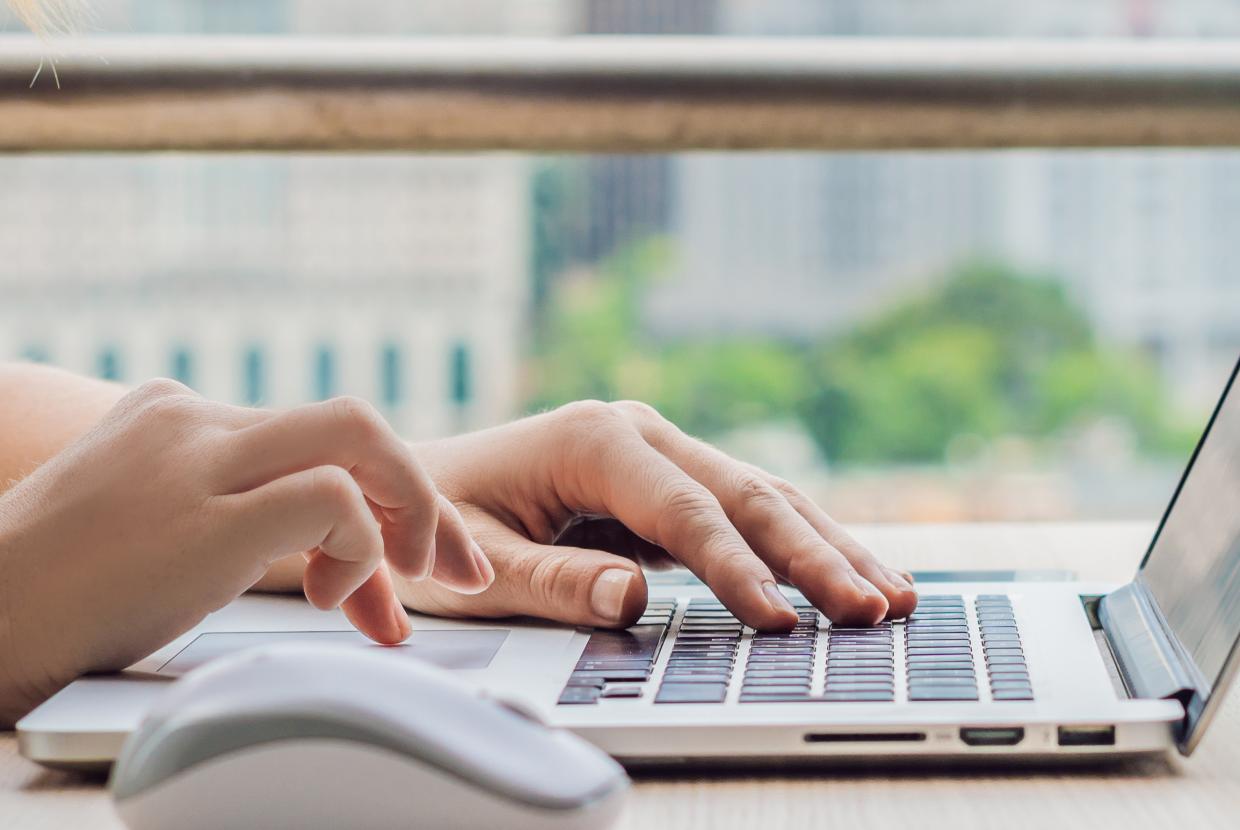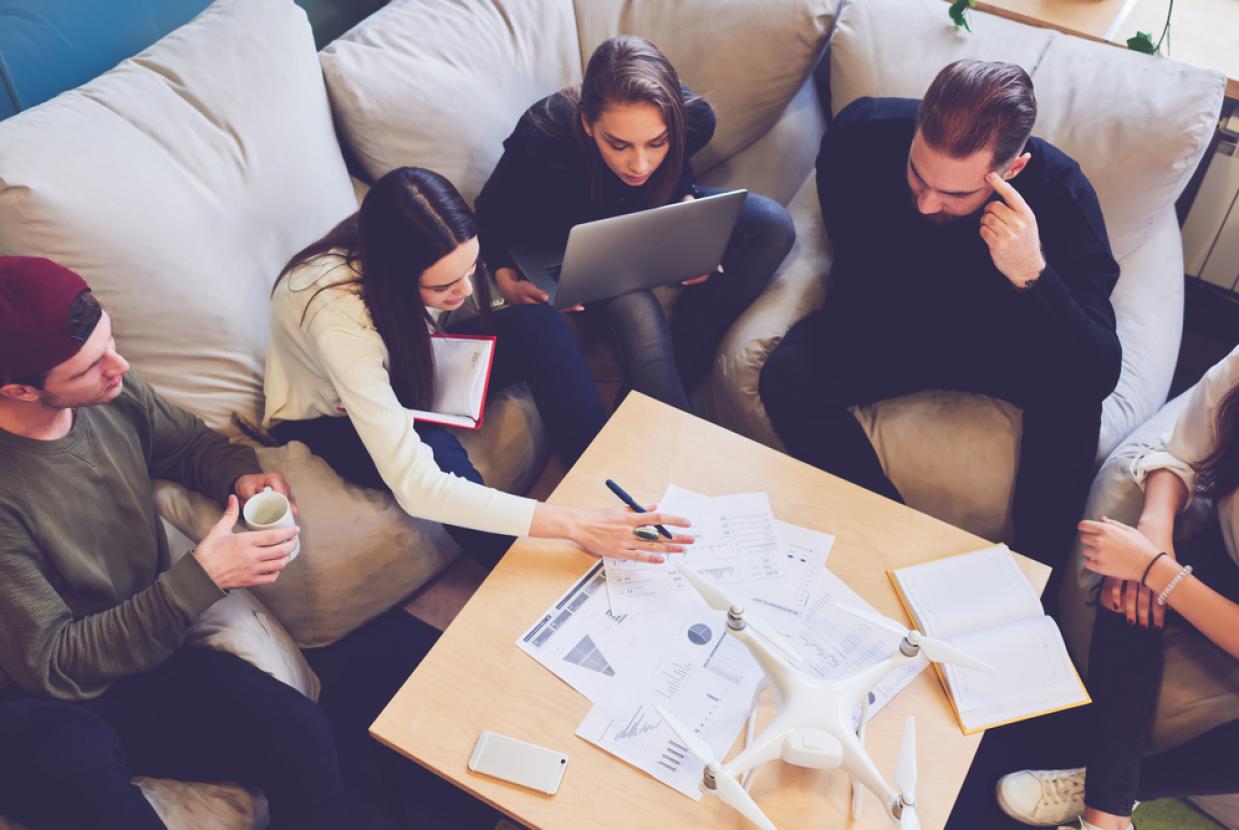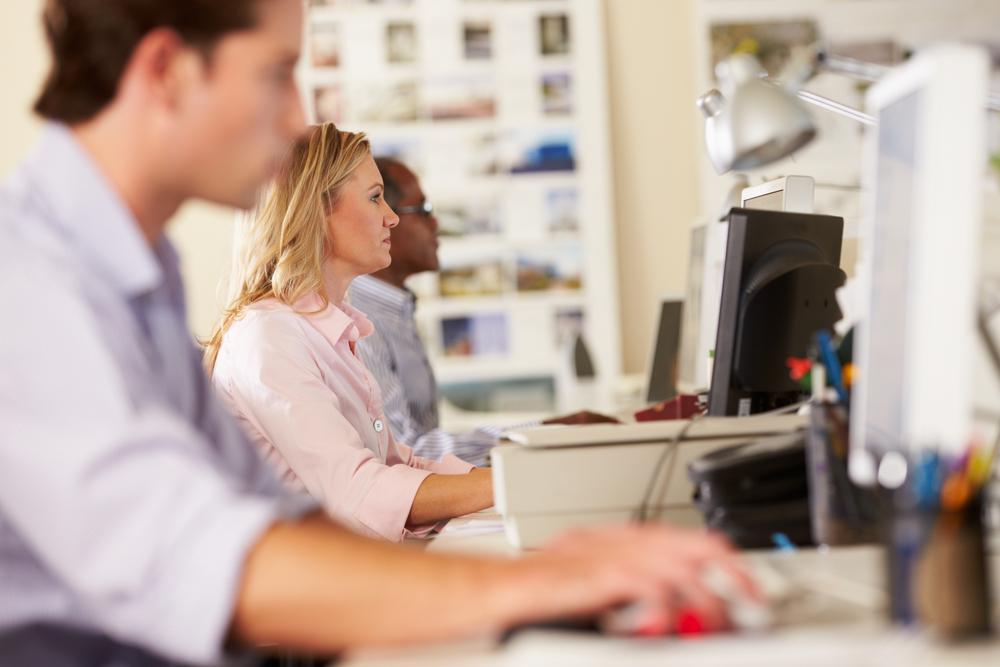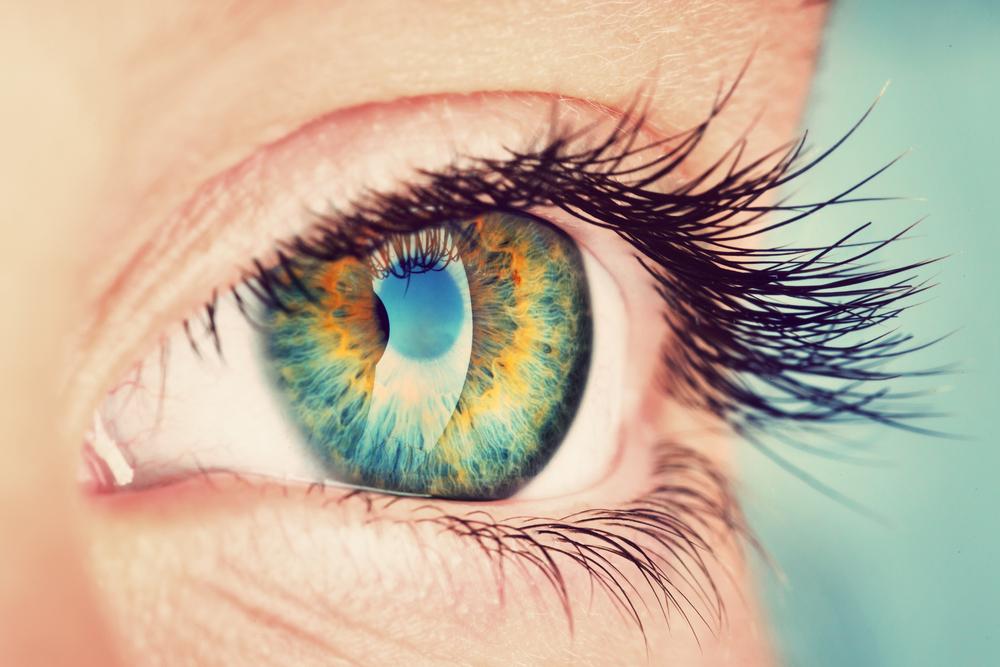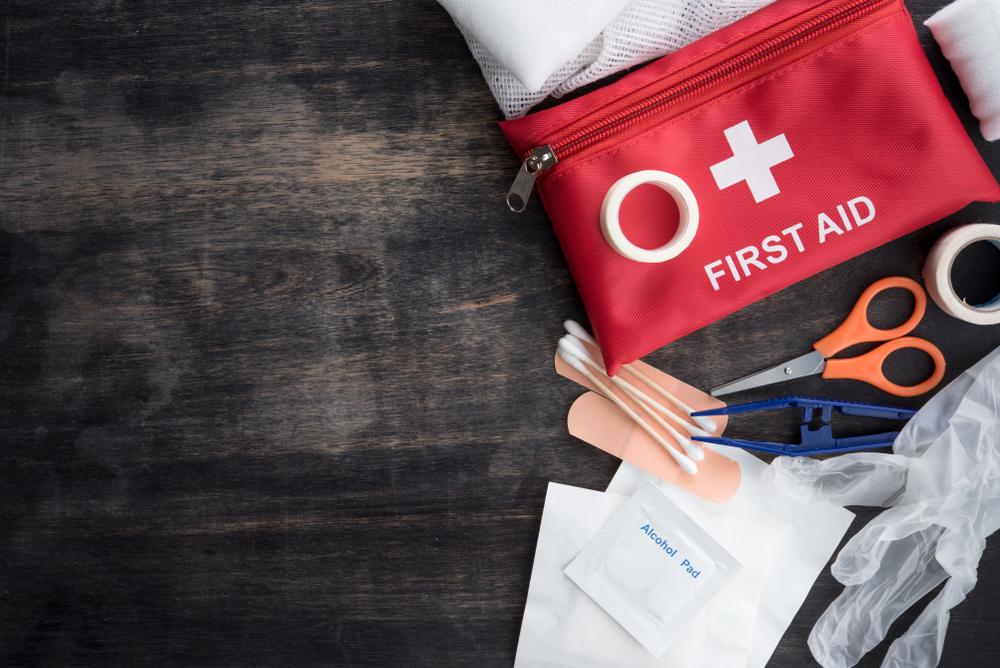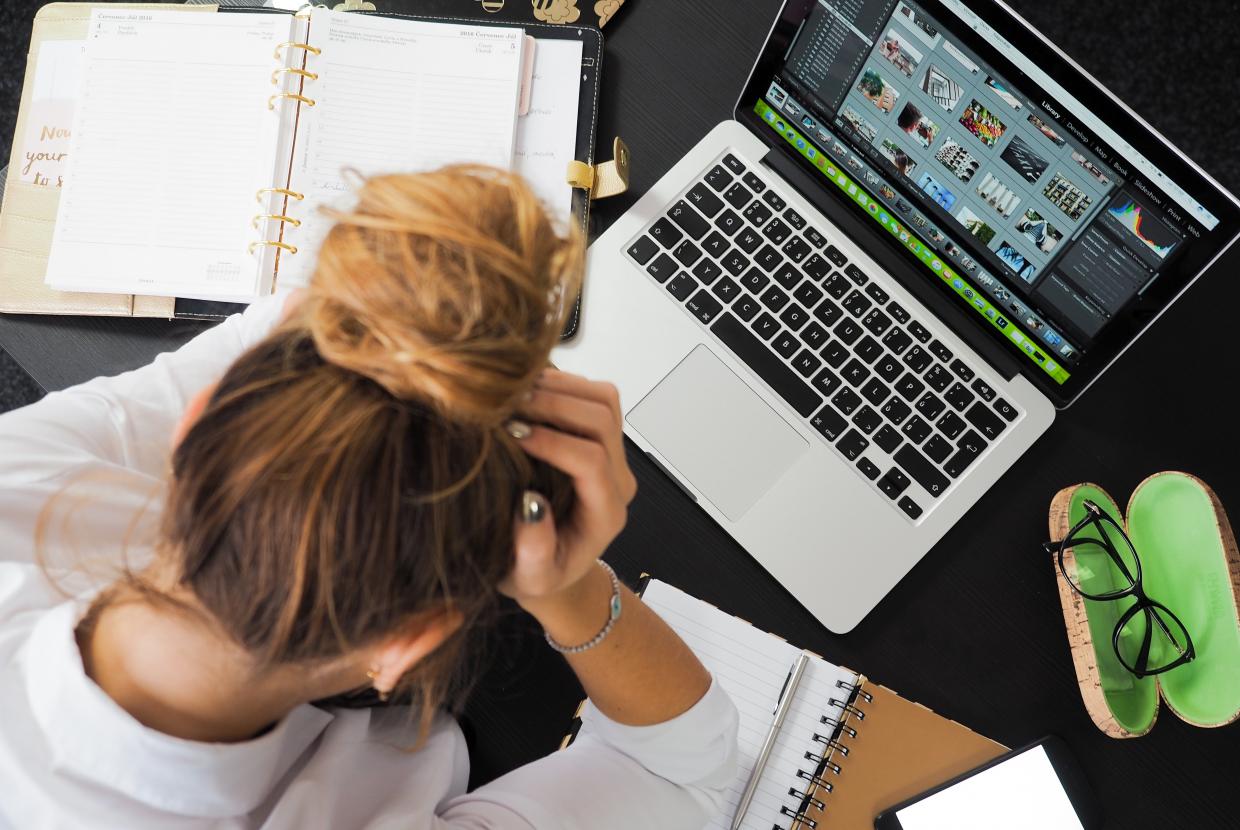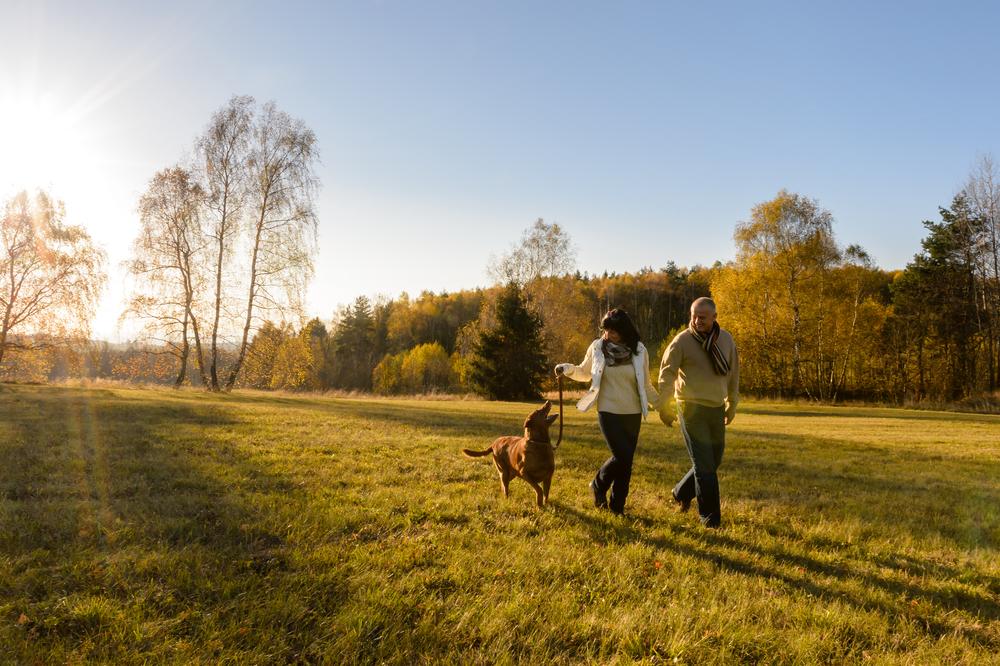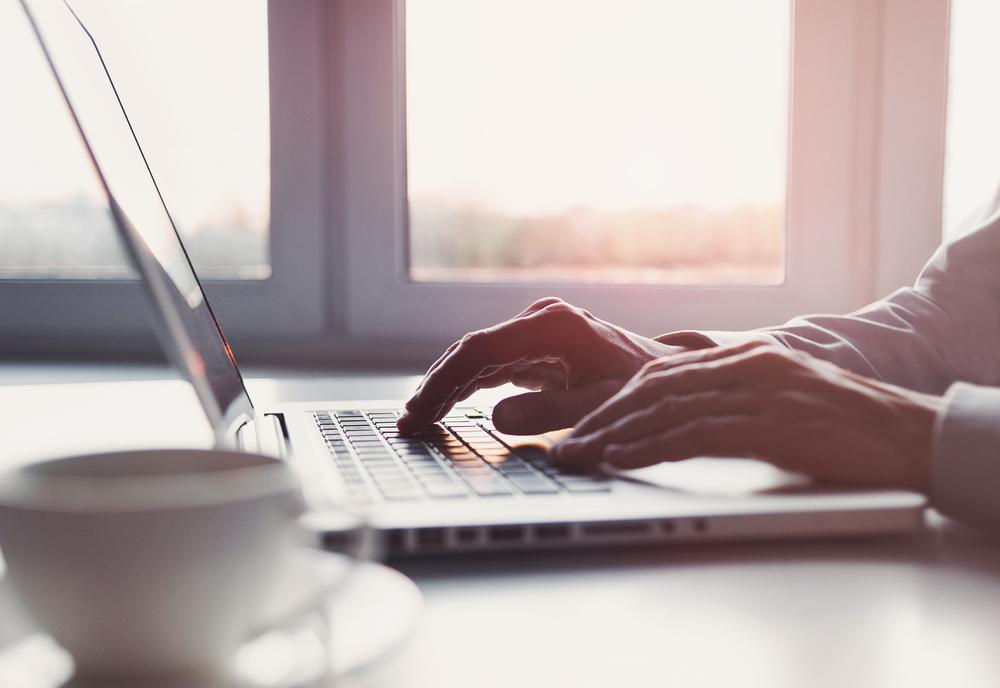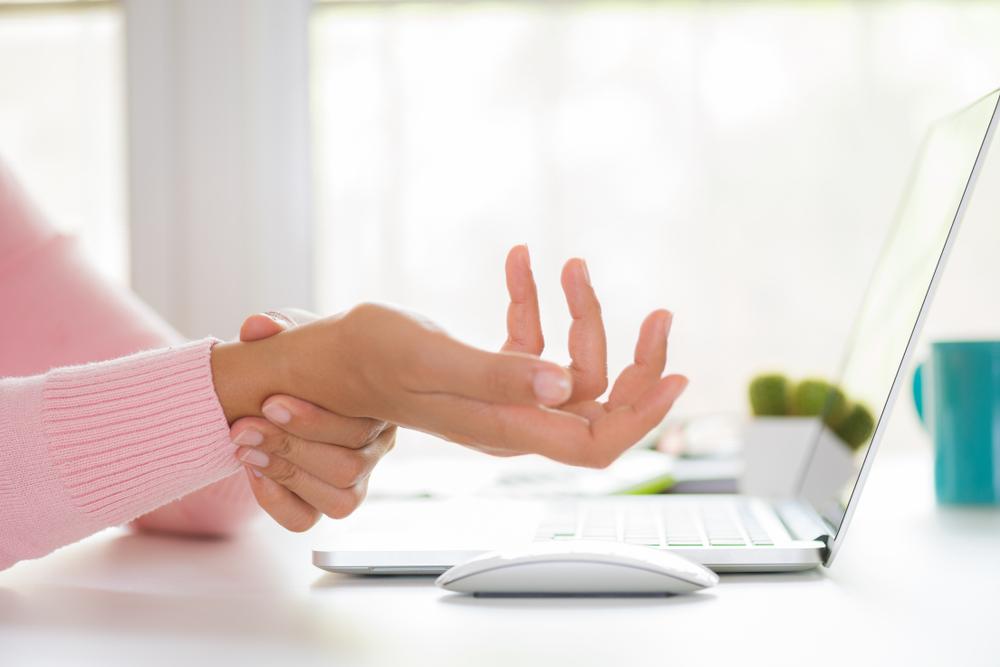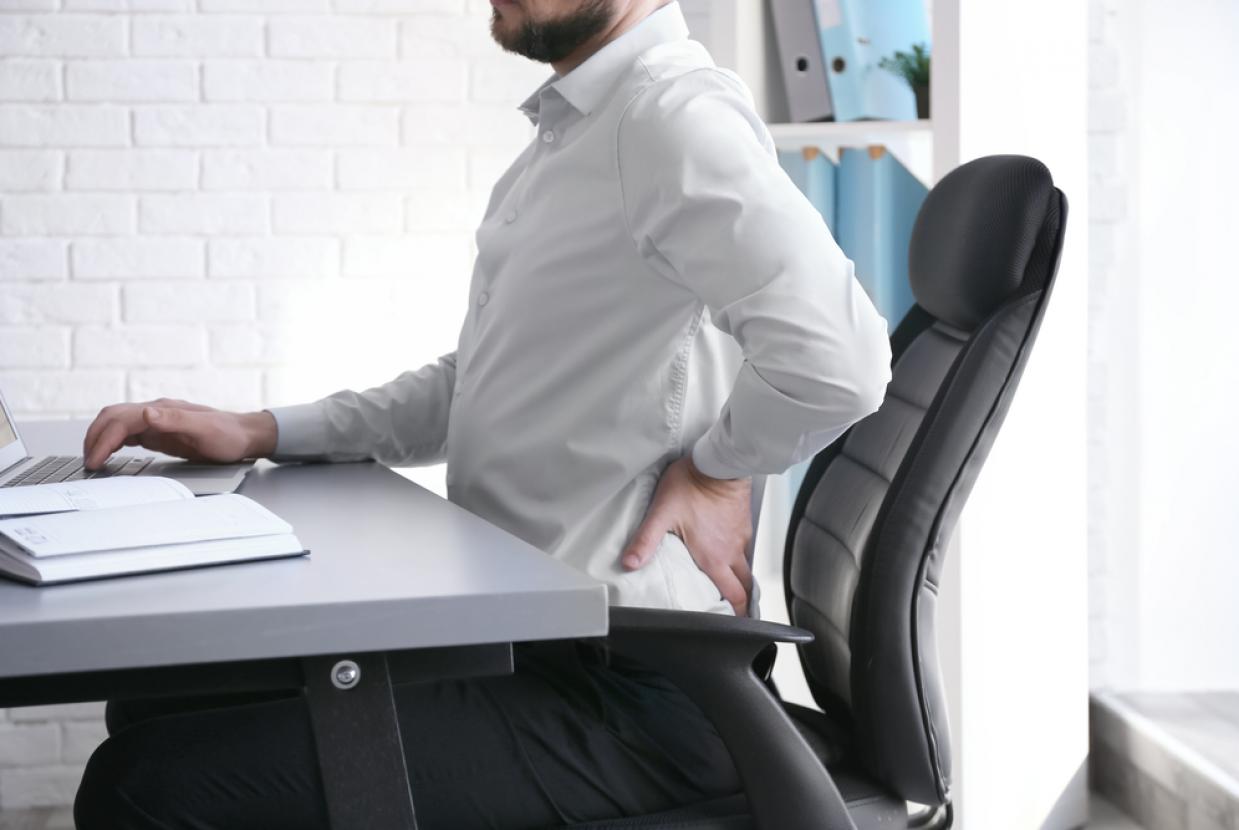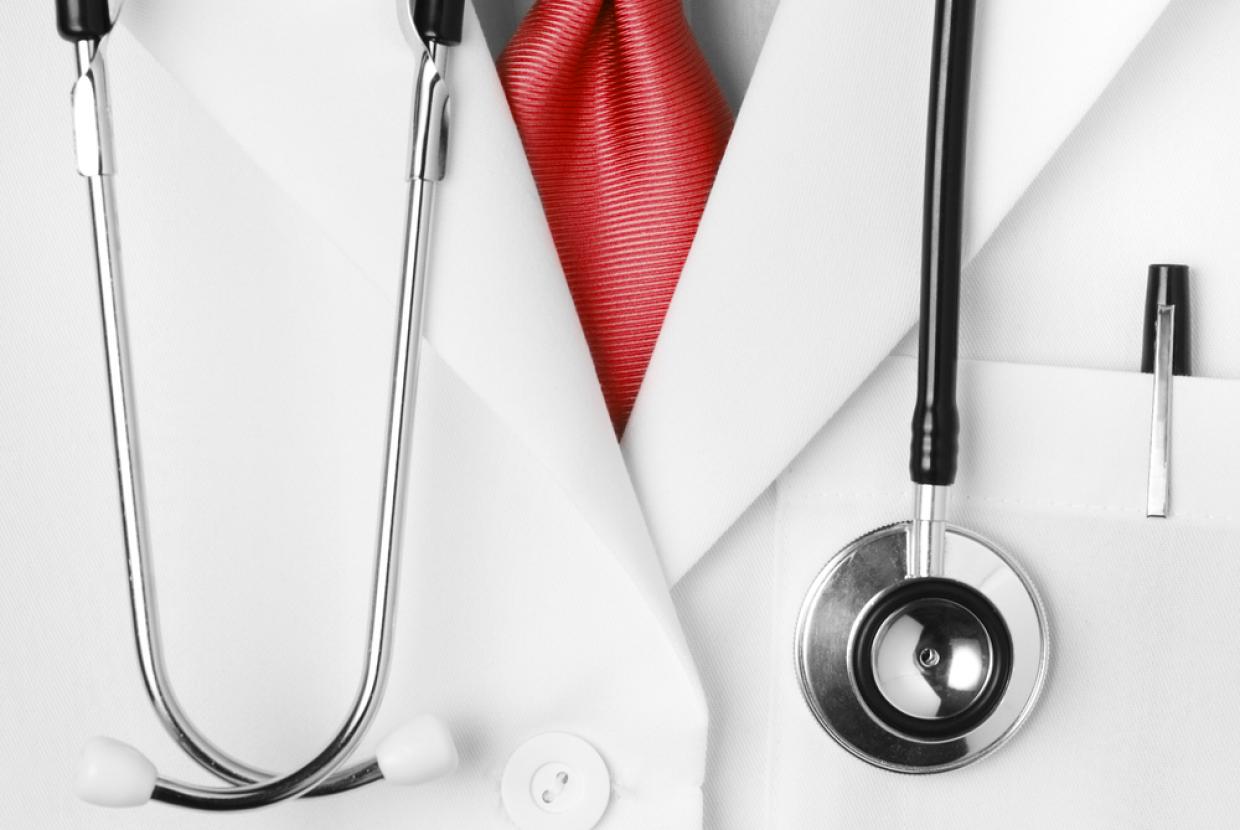Safe Manual Work
There are many hazards that you might come across while doing manual work. This article looks at the most common hazards, how you can reduce your risk of injury at work and what your employer's responsibilities are to you.
Musculoskeletal disorders
Musculoskeletal disorders (MSDs) are the most common kind of work-related illness in the UK and include problems like lower back pain, joint injuries and repetitive strain injuries. Most MSDs can be avoided if you know what causes them and how to protect yourself.
Causes of MSDs
Musculoskeletal disorders can be caused by:
- repetitive and heavy lifting
- bending and twisting
- repeating something too often
- working in an awkward or uncomfortable position
- using too much force
- working too long without breaks
- working in extreme conditions, for example in an environment that is too hot or too cold
- using defective, worn tools, or the wrong tools for the job
- not dealing with symptoms quickly enough
How MSDs can be prevented
Most importantly, you need to make sure you're properly trained in how to:
- use tools and equipment safely
- handle heavy or awkward loads
You should also make sure that you:
- take regular breaks
- vary your work to reduce repetitive tasks
If you think you're suffering from a MSD, make sure you:
- report symptoms to your employer as soon as they develop
- get the right treatment
- are allowed enough time to recover properly
Other common problems
There are other potential problems at work, including:
Slips and trips
Slips and trips cause more than 30 per cent of all major injuries reported each year.
Falls from height
Falls from height are a hazard in all industrial sectors.
Vibration
Vibration can cause long-term health effects if it isn't dealt with properly.
Noise
Noise at work can cause permanent damage to hearing.
Your employer has a legal duty to assess all of these hazards in a risk assessment. As well as telling you about them, they must supply information, training and suitable protective measures to reduce the risks linked to these hazards.
Lifting and carrying - what you should be aware of
Lifting and carrying can cause back pain. Before you lift or carry a load, you should first consider whether the load needs to be moved at all - maybe you can carry out your task with the load where it is.
If you must move it, think about whether you can use a machine to help you. If not, there are a number of ways to reduce risks, including:
- making the load smaller
- making the load easier to lift
- changing the way the work is arranged to cut down the distance it has to be carried and to reduce the amount of twisting or lifting
- asking your employer to make changes to your work area, like better lighting, more even flooring, or improved temperatures
- making sure you have the right training for lifting safely
Your employer's responsibilities
The Manual Handling Operations Regulations (NI) 1992 is concerned with all manual handling activities regardless of weight. Avoidance of manual handling by mechanical means is the primary objective but where this is not possible employers should adopt appropriate organisational measures.
There is no such thing as a safe weight that can be manually lifted. Any lifting operation has the potential to cause injury. Employers' health and safety responsibilities.
What to do about back pain
If you suffer from back pain, you should stay active and try simple pain relief tablets. If the pain doesn’t go away or gets worse, you should talk to your GP. If your back pain is caused by or made worse by your job, you should first speak to your employer.
If you have an employee representative, or a safety representative, they may be able to help you. You can also get confidential advice from the Health and Safety Executive for Northern Ireland helpline.
Extra help if you have a disability
If you have a disability, you may need extra help to do manual work. Your employer can speak to an access to work adviser via your local Jobs and Benefits Office, who may be able to help pay for any changes needed like providing lifting equipment.
What you should do next
To reduce risks when you're carrying out manual work:
- check whether your employer has carried out a risk assessment
- follow the recommendations about safe manual work
- ask your employer to organise training if necessary
- tell your employer about any problems.
Where you can get help
The Labour Relations Agency (LRA) and Advice NI offer free, confidential and impartial advice on all employment rights issues for residents of Northern Ireland.


